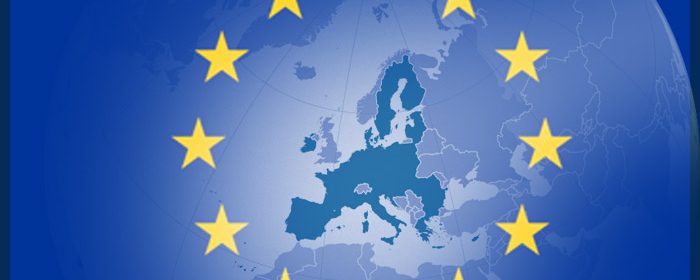Eurobarometer Survey Shows Increased Trust In EU After Russian War Against Ukraine

The summer 2022 Standard Eurobarometer survey shows increased trust of citizens in the European Union, and continued strong support for the EU’s response to the Russian aggression against Ukraine.
The Eurobarometer, conducted in June-July 2022, shows that 65 percent of Europeans are optimistic about the future of the 27-nation bloc, a three-point increase compared with a similar survey conducted in January-February, before Russia’s invasion of Ukraine.
The positive image of the EU is now at 47 percent, its highest level since autumn 2009, while 36 percent of respondents have neutral views and 16 percent have negative views. In addition, 49 percent of Europeans tend to trust the EU and 34 percent tend to trust their national government, the survey shows.
An overwhelming majority of EU citizens agree that the EU should invest in renewable energies, reduce its dependency on Russian sources of energy and that gas storage in EU countries should be filled up rapidly to allow uninterrupted gas supply during winter.
The approval rate of the euro has reached its highest level ever, according to the survey.
However, Europeans are increasingly concerned about the economic situation in the EU and in their own country, the study says.
Positive perception of the situation of the European economy has decreased by 5 percentage points since early 2022 and is now at 40 percent. The majority of respondents think that the situation of the European economy is currently bad.
Both at a national and EU level, inflation and energy supply experienced sharp increases and rank first and second respectively. When asked about the most important issues facing the EU at the moment, more than one third of respondents mention ‘rising prices/inflation/cost of living’ and ‘energy supply’ along with ‘the international situation’.
Citizens remain positive about the national and EU response to the coronavirus pandemic.
The “Summer 2022 – Standard Eurobarometer” was conducted through face-to-face and online interviews between 17 June and 17 July among 26,468 EU citizens across the 27 Member States.
Source: Read Full Article
